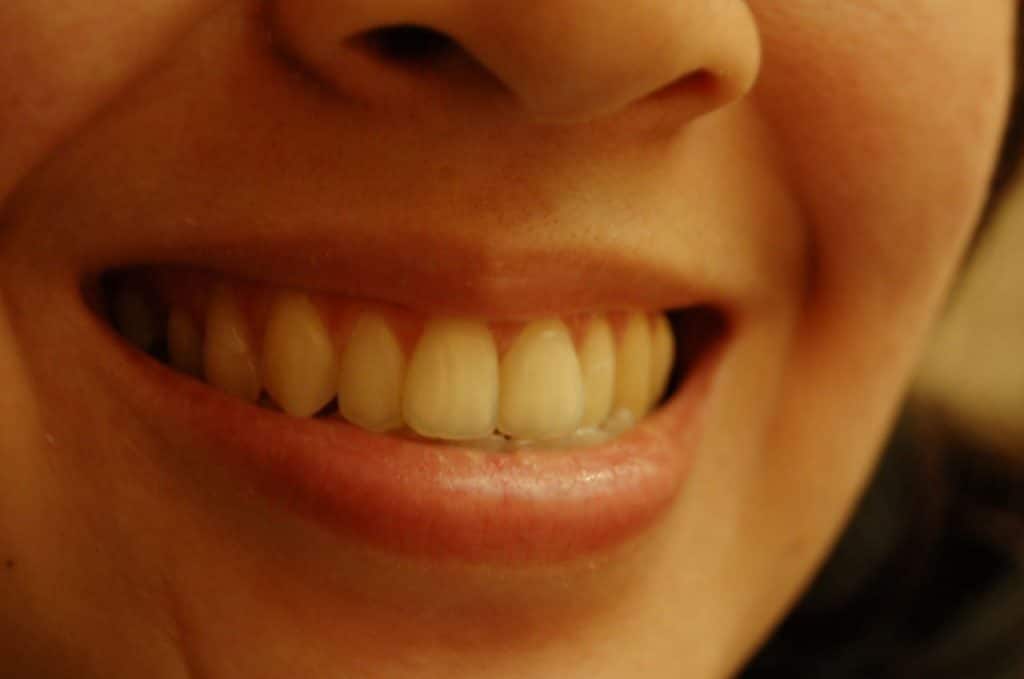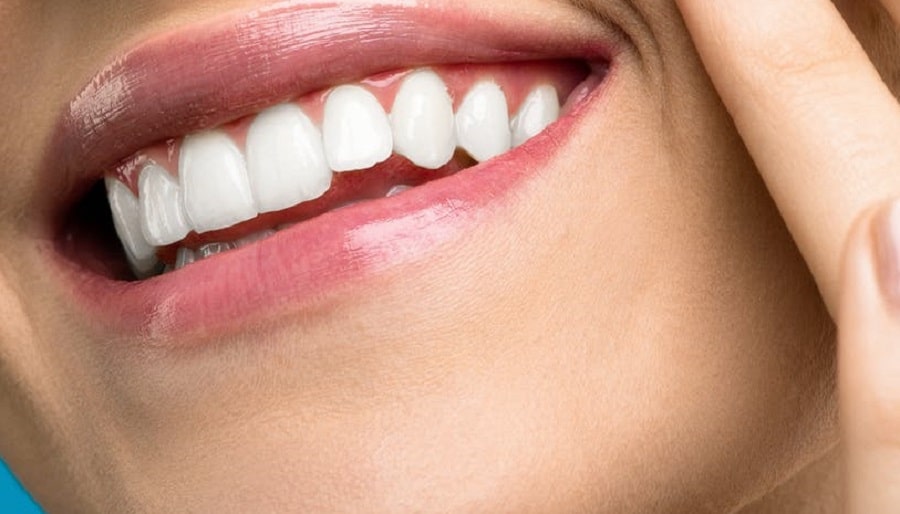There are often things that individuals believe, regardless of if it is from a reliable source or not. These things can be from what other people say, or what they might read on the internet. In this article, we will aim at debunking some of the myths associated with teeth.
Contents
- 1 Clean Teeth Immediately After Each Meal
- 2 The Main Enemy Of Teeth Is Sugar
- 3 Pregnant Females Cannot Visit Dentist
- 4 Toothaches Mean Cavities
- 5 Bleeding Gums Means Stop Cleaning Teeth
- 6 Placing Aspirin On The Tooth Soothes Pain
- 7 Rinsing & Using Dental Floss Are Interchangeable
- 8 Milk Teeth Do Not Require Dental Visits
Clean Teeth Immediately After Each Meal

This is a very common mistake and is even promoted by some dentists. Acid is from the sugar that derives from the foods that we consume. The acid softens the layer of enamel which safeguards the teeth. Specialists have documented that the enamel hardens in about forty to fifty minutes subsequent to eating a meal. In this case, this is the opportune time to brush teeth.
The enamel layer deteriorates if cleaning is completed prior to this time. Also, it is suggested that brushing should take place prior to eating meals. The reason being is that the saliva intake slows down as we sleep, therefore allowing plaque and bacteria to build up during the night. If the individual does not brush their teeth prior to having breakfast, all the bacteria ends up in the stomach.
The Main Enemy Of Teeth Is Sugar

As a matter of fact, bad bacteria are to blame. As this manufactures acid, that results in cavities. The residue of carbohydrates on the teeth becomes food for the bacteria. Obviously, sugar is considered a carbohydrate, however, several other products, including healthy ones, such as cereals and fruits, are included in this category.
Pregnant Females Cannot Visit Dentist

This is false. If the individual is experiencing inflammation in the oral cavity, it should be quickly eliminated. The chief fear of pregnant females is associated with pain medicines. As they believe it could have an impact on the unborn child. Yet individuals do not have to endure any pain while at the dentist. Scientists have confirmed the safety of local anesthetics. Although, the dentist should also be informed that the female is indeed pregnant, prior to any appointment.
Toothaches Mean Cavities

Not always whatsoever. There are many reasons that teeth could inflict pain, apart from cavities. It could be inflammation of the gum or dental pulp or even tooth sensitivity. The issue is not always present in the oral cavity. For instance, it could be sinusitis. It should be left up to the dentist to ascertain the cause of the pain.
Bleeding Gums Means Stop Cleaning Teeth

Gums that are bleeding are a sure indicator that a visit to the dentist is an absolute necessity. Often situations like these signal that the individual is not properly taking care of their teeth. However, this is not a concrete diagnosis, as only the dentist is able to completely and accurately determine the cause. As in some uncommon cases, it could stem from gum disease.
Placing Aspirin On The Tooth Soothes Pain

This is a very false statement. When an individual takes an aspirin, it typically reduces the pain felt by the tooth. However, when the aspirin is placed directly on or adjacent to the tooth, the medicine could irritate the gum tissue. It could also irritate the palate and could only result in harm to the individual.
Rinsing & Using Dental Floss Are Interchangeable

This should be viewed in two parts. Rinsing the mouth out with special liquids decreases the effectiveness of the toothpaste. As individuals rinse, it removes the fluoride from the teeth, and the efficiency of the toothpaste declines. It is recommended that individuals rinse their mouths during the times they are not cleaning their teeth. The majority of mouthwashes safeguard the teeth from bacteria; however, they are unable to reach every crevice in the mouth. Cleaning with a toothbrush and then using dental floss assists in reaching the most difficult areas of the teeth.
Milk Teeth Do Not Require Dental Visits

Milk teeth often have enamel that is thinner than normal. Therefore, the protection is less from bacteria. A cavity that is neglected in the milk tooth could result in oozing inflammation that could harm the permanent tooth in the future. Dentists of late, are recommending that one-year-old children should get their growing front teeth examined. Then a suitable dental plan will be provided.


